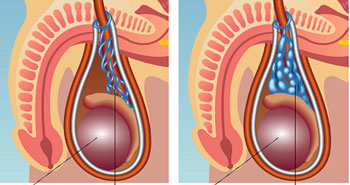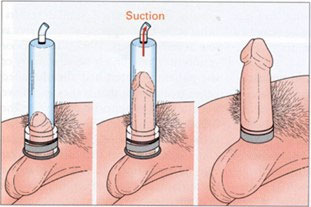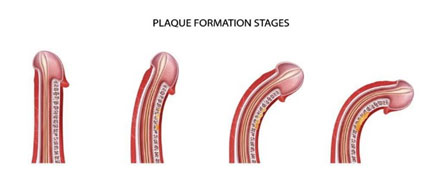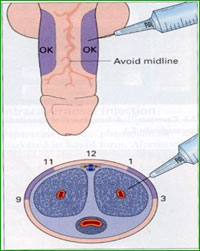
Inability to achieve and maintain an erection sufficient for vaginal penetration to the mutual benefit for both partners.
Early discharge or Premature Ejaculation is a complex problem. It can ruin your sex life and also destroy relationships. But it is curable.
Aside from difficulty getting and sustaining an erection, erectile dysfunction may be accompanied by other problems such as reduced sexual desire, low testosterone levels and premature or delayed ejaculation.

Psychogenic Causes:
Organic Causes
Neurologic Causes

Indications:

Penile Prosthesis advantages :

Penile Prosthesis Disadvantages :
Erectile dysfunction and Premature Ejaculation may be a distressing condition, but treatable ones.